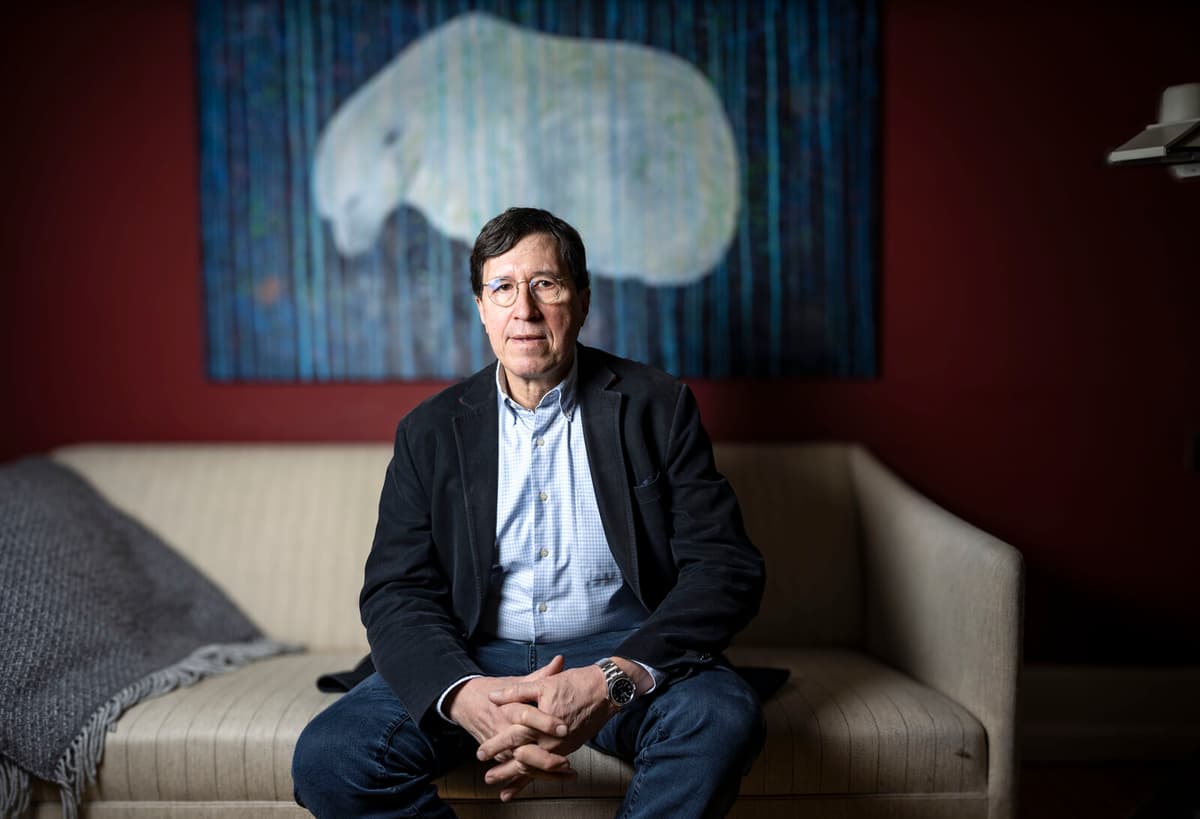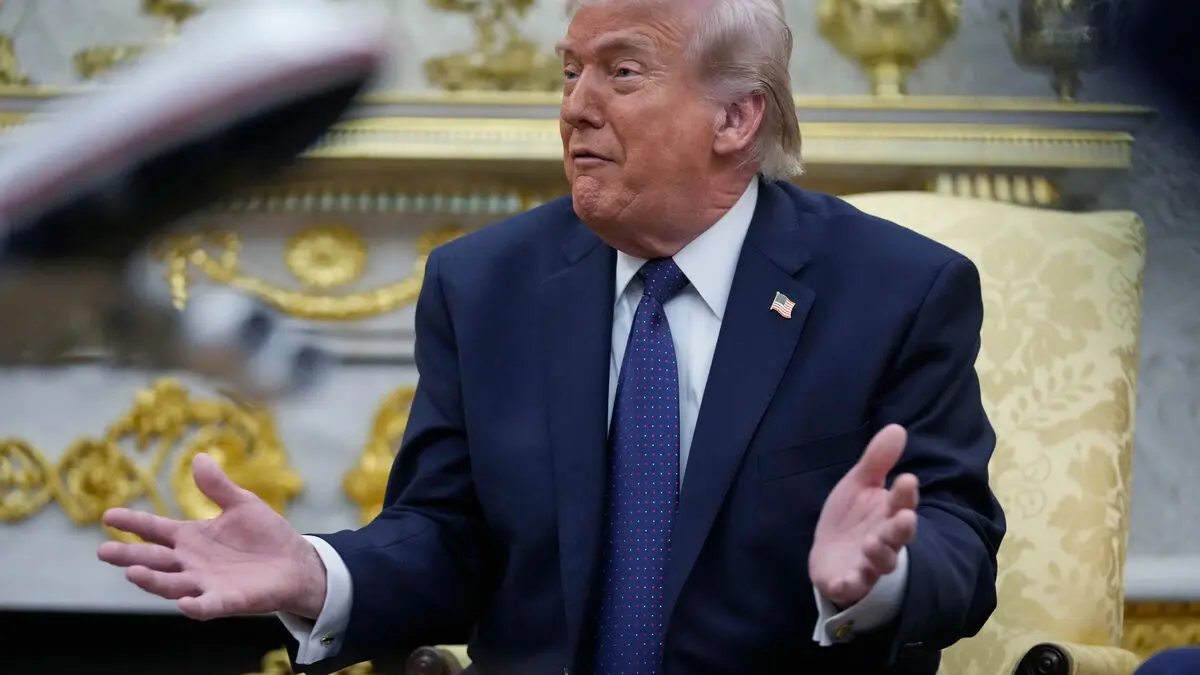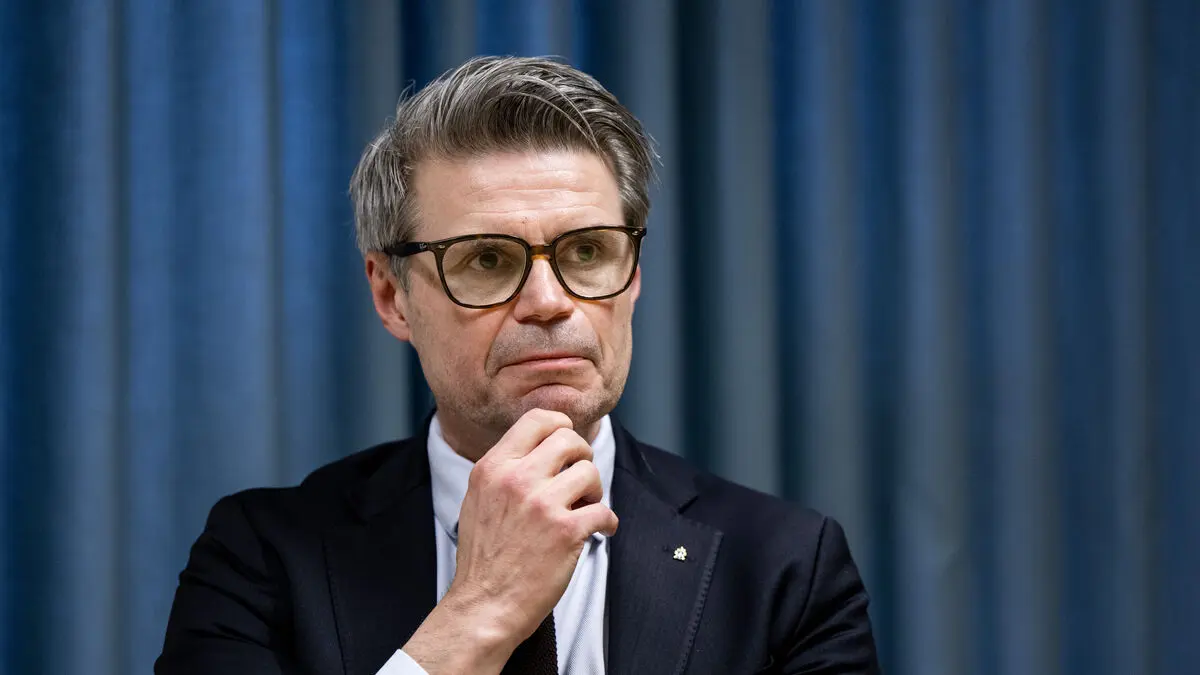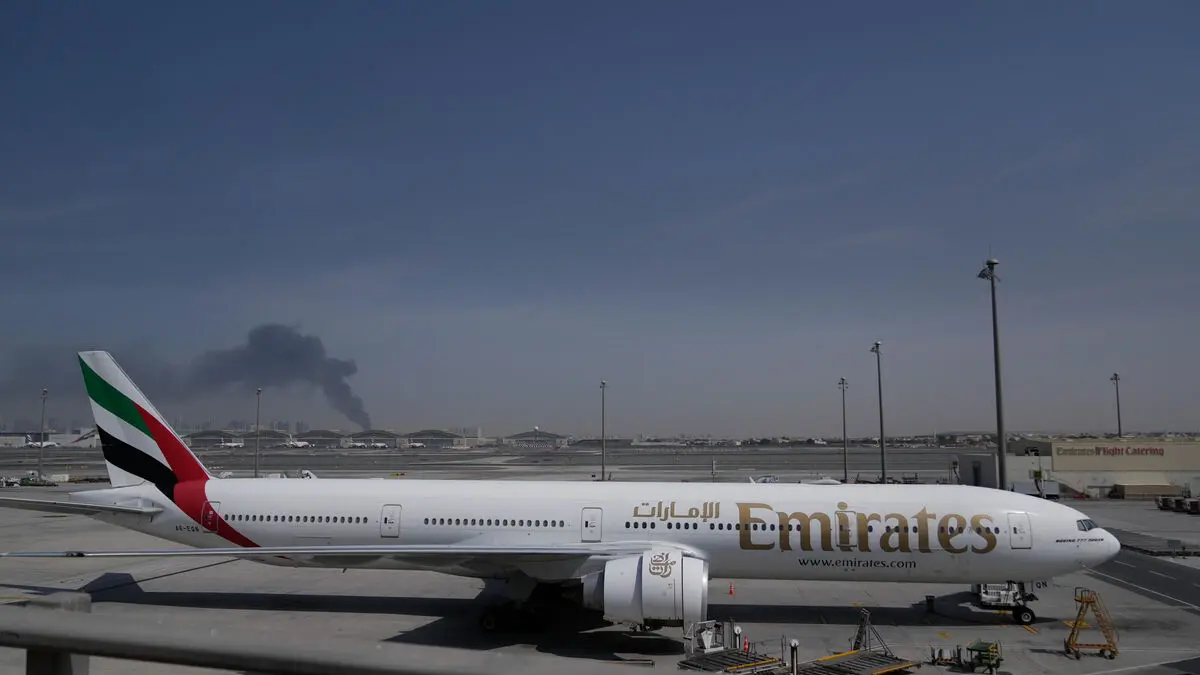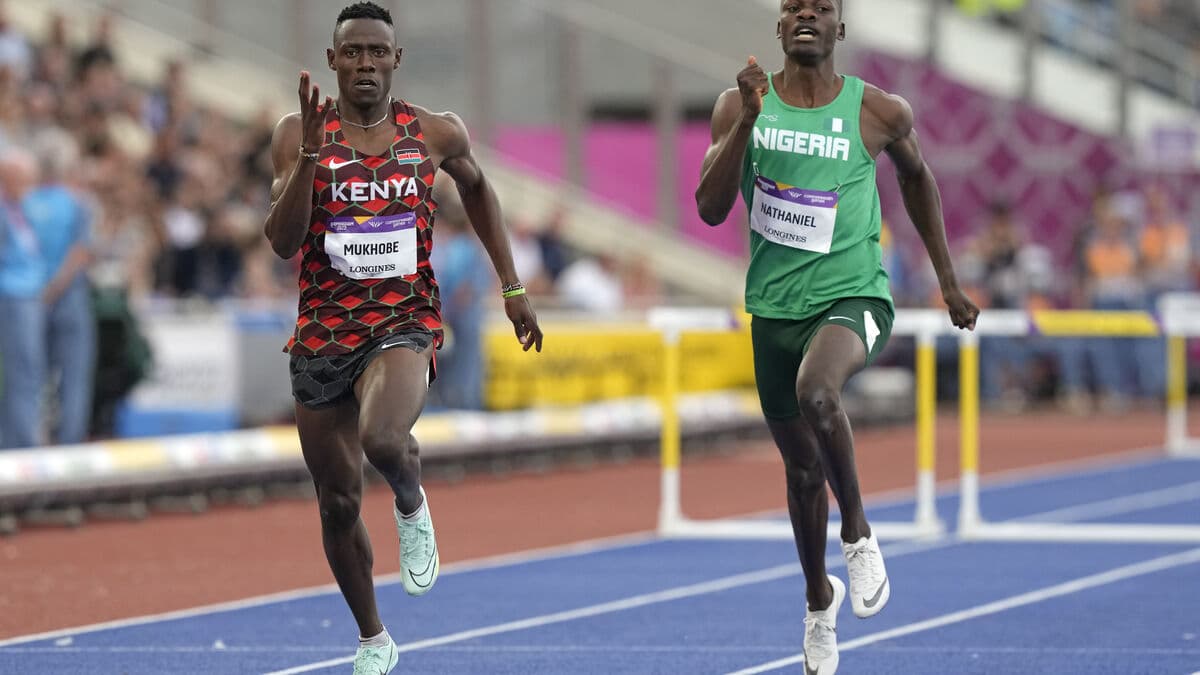Greenland's Prime Minister: The Country Should Become Independent
There is no doubt in the mind of Múte Bourup Egede, Greenland's Prime Minister, that the country should become independent.
In his New Year's speech, he stated that history has shown that "cooperation with the Kingdom of Denmark has not succeeded in creating full equality," and that it is therefore time for Greenland to shape its own future.
Our cooperation with other countries, and trade relations, cannot solely be conducted through Denmark.
Feeling Insecure
Although the desire for independence is not new, it is different this time. Since Donald Trump Jr's quick visit to the island in early January, Greenlanders have been discussing the issue extensively. This is according to researcher Minik Rosing, who was born in Nuuk and lives in Copenhagen, and follows the issue.
I have never before been to a Greenlandic social gathering where people have talked so much about independence.
Some are thrilled and flattered by the attention from the USA, while others feel insecure, says Rosing, referring to Trump's statements that he does not rule out military means or economic sanctions to get his way.
Influencing the Democratic Process
In recent weeks, several Danish media outlets have reported on American YouTubers paying local residents in Nuuk to receive Maga hats, and debaters have expressed concern that the charm offensive is playing on Greenlanders' dissatisfaction with Denmark.
Many feel that they do not have control over the democratic process. One problem is how to achieve such a process in a situation where American influencers come to Greenland to influence residents.
According to an opinion poll from December 2024, 60 percent of Greenlanders already want expanded cooperation with the USA, writes The Economist. This desire has also been expressed by Prime Minister Bourup Egede on prime-time American Fox News, although without specifying whether it means a closed chapter with Denmark.
Talking About Genocide
According to Hanna Vestergaard Hviid, editor at Greenland's public service KNR, the issue is highly topical ahead of the election to be held in Greenland no later than April 6.
Almost all parties want independence, but there are divided opinions on who to cooperate with. The majority wants closer cooperation with the USA without becoming part of the USA. It is a larger country with a larger economy, and here one sees clear potential.
In the shadow of the interest from the USA, the relationship with Denmark is strained. Múte Bourup Egede has talked about breaking free from "colonial ties" and referred to the so-called "spiral case," where Greenlandic women and girls were fitted with spirals without consent in the 1960s and 1970s, as genocide.
Many want an official apology, among other things for the spiral case. From the Danish side, it has been said that the case will be thoroughly investigated. It is clearly something that affects the relationship, says Vestergaard Hviid.
Must Appreciate the Positive
But on a personal level, there are no conflicts, emphasizes Vestergaard Hviid, whose family has lived on Greenland intermittently since the 1970s.
Almost everyone on Greenland has family in Denmark, and it is more common than one thinks that Danes move to Greenland to work. So, there are many close friendships and positive experiences.
Rosing believes that one must not forget this.
I think it is highly necessary to stop thinking that all evil in world history stems from Denmark. It does not mean that one should be grateful, but that one should appreciate what one actually has in comparison to other indigenous peoples in the Arctic.
When I was in Canada, where the Inuit do not have their own language or ownership of the land, they talked about Greenland as "the bright and shining star."
Unrealistic to Expect Independence
But Rosing sees Greenland becoming independent as wishful thinking.
A country with 50,000 inhabitants cannot maintain a functioning welfare society with free healthcare and education. Without the agreement with Denmark, there is only one other alternative, and that is for Greenland to become American.
Danish Prime Minister Mette Frederiksen has diplomatically avoided concretizing where Denmark stands on the issue, and that is at least as big a problem, according to Rosing.
For a long time, there has been a fear of getting involved, and that can be mistaken for being uninterested. If Denmark cannot put into words why it wants to maintain the relationship with Greenland, there is a risk that one turns to another direction.
Greenland is classified as the world's largest island with an area five times that of Sweden. On the island, around 57,000 people live, and the largest city is Nuuk. Greenlandic is the official language, but Danish plays a significant role in public activities.
In the 1720s, the island became a Danish colony on the initiative of missionary Hans Egede. In 1979, the island gained limited but relatively extensive self-government, with its own legislative assembly and government (the Landsting and Landsstyrelse). Denmark still controls, among other things, foreign and monetary policy.
Danmark pays an annual financial support to Greenland. Last year, the total amount was around 5.5 billion Danish kronor.
The USA has considered buying Greenland at least three times. The first time was in 1867, in connection with the USA's purchase of Alaska from Russia. In 1946, American President Harry S. Truman offered 100 million dollars for the island, which Denmark rejected. In 2019, Donald Trump stated that he wanted to buy the island for the first time, which Prime Minister Mette Frederiksen called "absurd."
The question of whether Greenland should become independent has often been topical. A series of opinion polls have shown in recent years that a large majority of inhabitants want the island to break free from Denmark.
Denmark has a defense agreement with NATO partner USA from 1952, which gives American military significant leeway on Greenland. There are, among other things, radar stations that provide the opportunity to monitor the airspace over the North Pole.
Source: Landguiden/UI, Tv2, Ritzau

